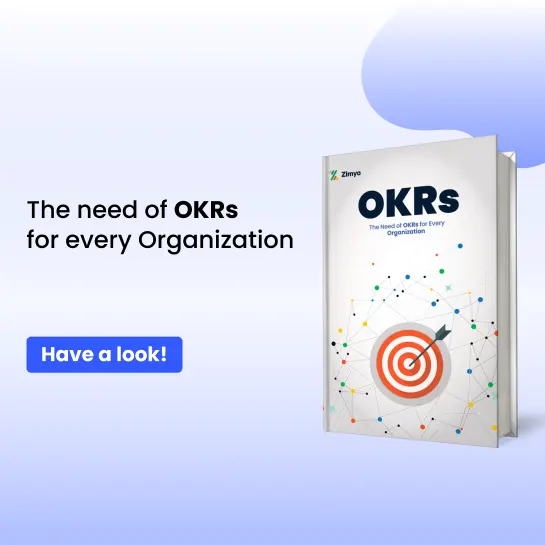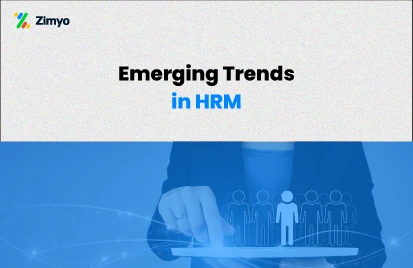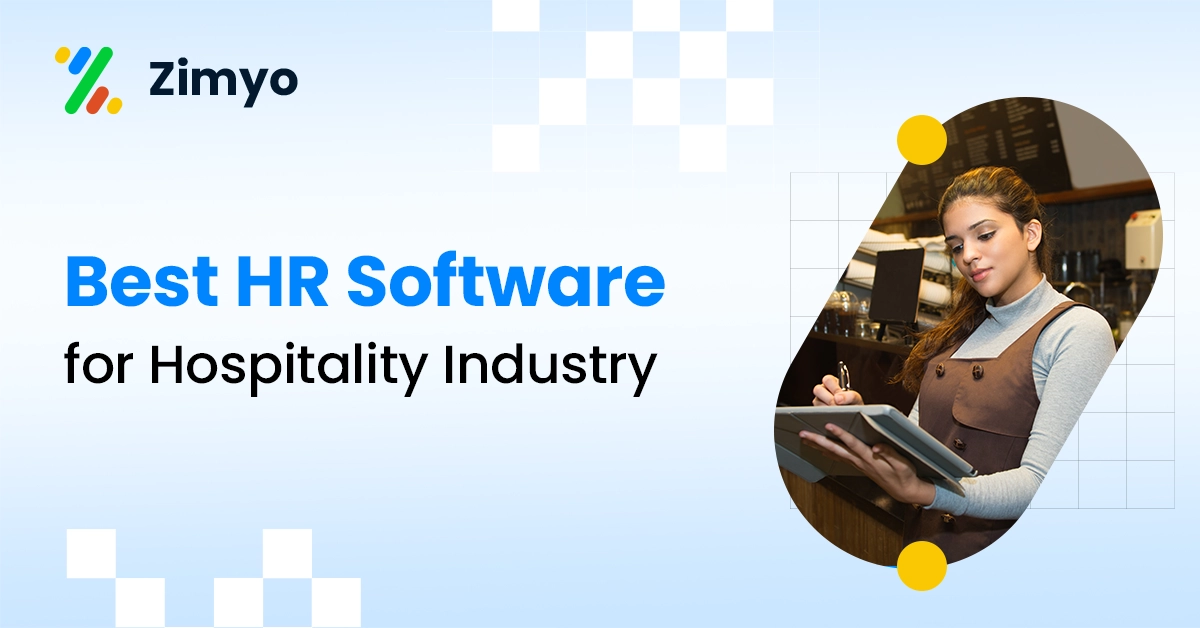Human Resources Intelligence, or HR Analytics, refers to applying data analysis and business intelligence techniques to human resources data and processes. By utilizing data-driven insights and analytics, informed decisions and strategies can be made for efficient workforce management and employee-related matters.
In HR Intelligence, we use data and analytics to improve HR practices, employee engagement, and productivity and optimize overall organizational performance. HR professionals can gain helpful insights into the workforce by analyzing HR data such as employee demographics, performance metrics, recruitment and retention rates, employee feedback, and training and development activities.
Key Objectives of HR Intelligence or Analytics
- Data-Driven Decision Making: HR Intelligence allows organizations to base their decisions on data analysis instead of intuition or guesswork. Through analyzing HR data and gaining insights into various aspects of the workforce, organizations can make informed decisions regarding talent acquisition, performance management, employee engagement, training and development, and other HR-related strategies. This results in more effective and efficient HR practices and better business outcomes.
- Strategic Workforce Planning: Organizations can use HR Intelligence to predict and plan future workforce needs. By analyzing past and present data, they can determine any skill gaps, anticipate employee turnover rates, and evaluate the availability of potential talent. HR Analytics allows HR professionals to develop proactive strategies for recruitment, succession planning, and talent development, ensuring a well-prepared workforce aligned with organizational goals.
- Talent Acquisition and Retention: HR Intelligence helps organizations improve their talent acquisition and retention by analyzing recruitment data. This analysis allows organizations to identify the most effective sourcing channels, evaluate candidate profiles, and enhance selection. HR Intelligence can offer insights into the reasons behind employee turnover, making it possible for organizations to create retention strategies tailored to specific issues and improve employee engagement.
- Performance Management and Employee Development: With HR analytics, organizations can gain insights regarding employee performance metrics, which can help identify top performers, performance trends, and areas for improvement. This information is crucial for effective performance management, including goal setting, performance evaluations, and feedback. We also assist in identifying skill gaps and creating tailored training and development programs to foster employee growth and career advancement.
- Competitive Advantage: Companies that use HR Intelligence effectively gain an advantage over their challengers in the market. By optimizing workforce management, talent acquisition, performance management, and employee engagement, organizations can attract and retain top talent, enhance productivity and innovation, and respond more effectively to changing business needs. Using data to make strategic HR decisions, HR Intelligence helps organizations stay ahead of the curve.
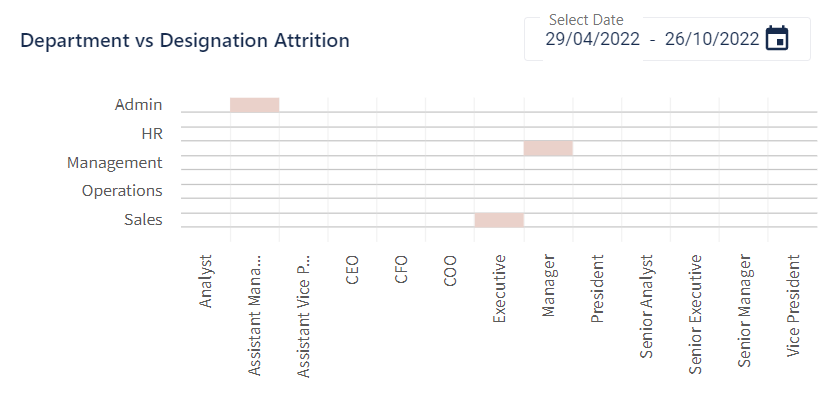
How HR Analytics Helps Human Resource Management
The field of HR is being transformed by analytics, similar to how it has impacted marketing. With the help of this technology, HR can execute significant changes.
- Improve the decision-making process by utilizing data.
- Develop a business case for HR interventions.
- Evaluate the efficiency of these solutions.
- Move from an active partner to a tactical or even strategic partner.
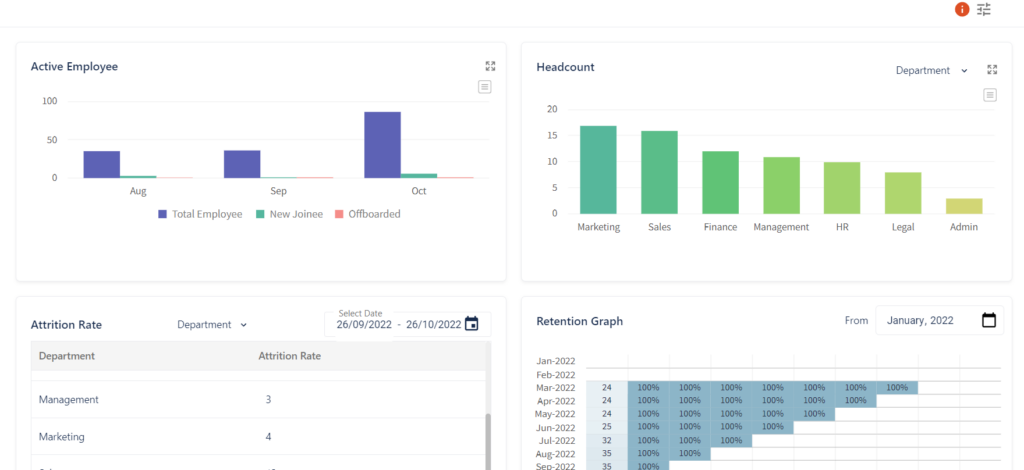
HR Analytics supports human resource management by providing valuable data-driven insights. With the help of analytics, HR professionals can make informed decisions and improve various HR functions. In talent acquisition, analytics can analyze past hiring data, identify successful candidate profiles, and predict candidate success, leading to more accurate hiring decisions. Employee retention efforts can be strengthened by analyzing employee engagement surveys, performance data, and exit interviews, enabling HR managers to address turnover factors and implement targeted retention strategies.
Additionally, learning and development initiatives optimized through analytics help identify skill gaps and assess the effectiveness of training programs, ensuring employees receive relevant development opportunities. Workforce planning is enhanced by analyzing demographic data, turnover rates, and succession planning data, enabling HR managers to forecast talent needs, plan for acquisitions, and adapt to future workforce trends. HR analytics also aids in tracking diversity and inclusion efforts, measuring employee engagement levels, and supporting strategic decision-making by aligning HR strategies with organizational goals.
Conclusion
As an HR professional, you can gain significant advantages by utilizing HR Intelligence. It helps you improve employee engagement and retention by understanding their needs and customizing programs accordingly. Zimyo is an HR Software that offers valuable data-driven insights to assist you. It streamlines and automates HR tasks for businesses of all sizes. You can view a detailed dashboard that displays information on employee retention, active employees, and attrition rate. By analyzing this data, you can make knowledgeable decisions and improve various HR functions.


